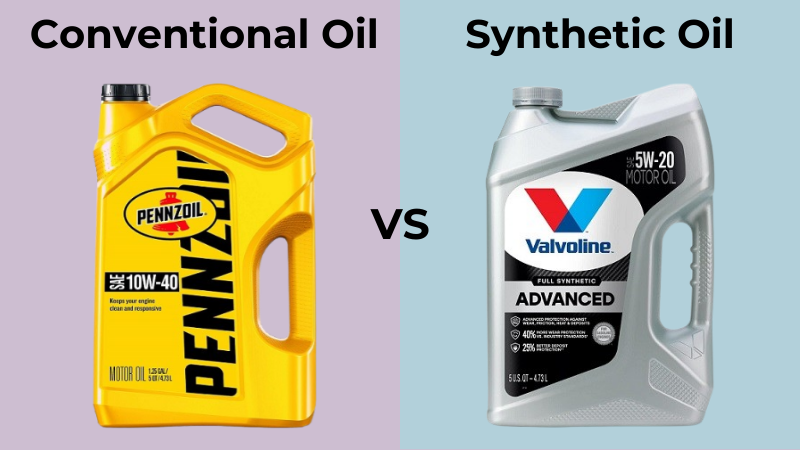Which Oil Change is Better: Conventional or Synthetic Oil?
Is it preferable to use regular or synthetic oil? What is the frequency at which I should replace the oil? What advantages does synthetic oil offer? What is the best oil for my car and how do I choose it? Motorists often have questions about oil types and their uses, advantages, or disadvantages, which can be confusing to understand. Let's explore the various types of oil in more detail.
The significance of high-quality motor oil for car, SUV, and light truck engines cannot be emphasized enough. Current engines need high-quality lubricants, and several companies provide precise suggestions to guarantee optimal engine performance and longevity.
As engineers consider the brand and type of oil and lubricants when designing car engines, it is essential for you as a driver to prioritize the proper maintenance of the engine. From the moment you perform your initial oil change, it is important to take all possible actions to prolong the lifespan of your car or truck.
Today's modern car engines operate at significantly higher temperatures than in the past due to increased power output per cubic inch at higher rpm and improved efficiency. Therefore, the selection of the right lubricant is more crucial than ever before. Now, let's examine the various kinds of oil.
Conventional oil
The modern lubricants available now are highly sophisticated oils that have undergone extensive testing and have demonstrated their effectiveness over a long period of time. Therefore, these oils are suitable for regular cars and drivers. These oils are distilled from crude oil and enhanced with different additives. These additives are made to assist in maintaining engine cleanliness, minimizing moisture effects, and aiding in the preservation of oil viscosity. Each of the primary traditional oil brands has their own unique characteristics.
One major benefit of regular oils is their lower cost compared to synthetic oils. Synthetic oil has advantages over conventional oils. It is vital to ensure that the viscosity of your conventional oil is maintained as it will diminish over time. Due to the decrease in viscosity as time goes on, standard oil needs to be changed every 3,000 to 4,000 miles.

Synthetic oil
Synthetic oil is a lubricant composed of man-made chemical compounds. These substances are created by decomposing and reconstructing molecules found in petroleum. Examining synthetic oil under a microscope reveals that it contains millions of molecules with similar size and structure. On the other hand, traditional oil is produced from processed crude oil. When viewed under a microscope, a single droplet of regular oil reveals countless molecules that vary in shape, size, and structure.
Also Read: Best engine oil for bikes: Top Options For More Mileage And Fewer Setbacks
One of the main benefits and the primary reason synthetic oil is widely used is its longer durability compared to conventional oil. The suggested frequency for changing synthetic oil is around 5,000 to 7,000 miles, although some brands suggest intervals as long as 15,000 to 25,000 miles. The main factor causing oil changes to be time-consuming is the fact that synthetic oils do not easily lose their viscosity.
The main drawback of synthetic oil is its cost. Synthetic oil may be priced at 2 to 4 times higher than regular oil. Furthermore, synthetic oils might have a slightly worse fuel efficiency on highways compared to conventional oils and may also be more prone to additive buildup in cold weather. It categorizes specific additives that may result in their total removal from the oil.
No matter the kind of oil you choose, it is important to follow the manufacturer's recommended intervals for oil changes. When it comes to the kind of oil, the important thing to remember is to only use the oil that is suggested by the manufacturer of your car. As your vehicle gets older, your reliable mechanic can help you decide whether to switch from synthetic to conventional oil or vice versa.